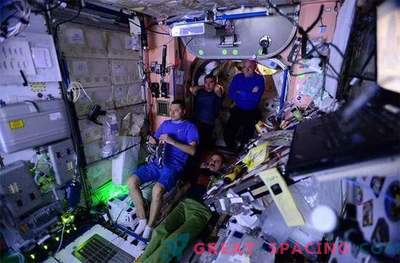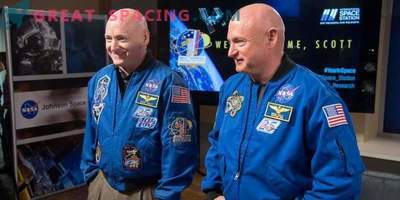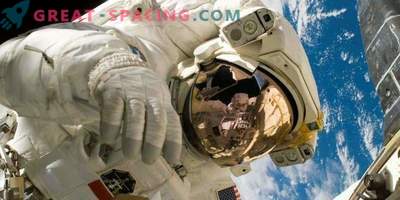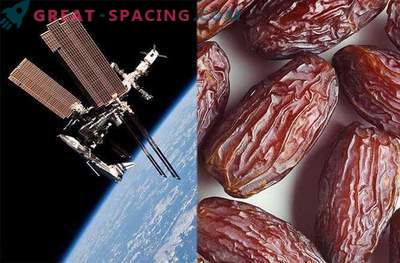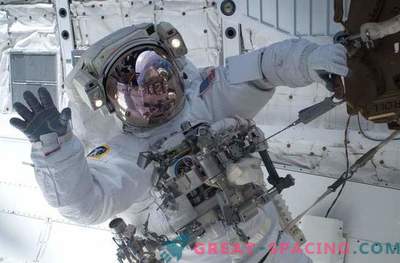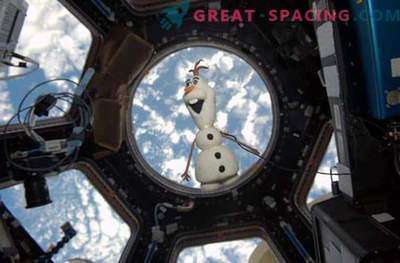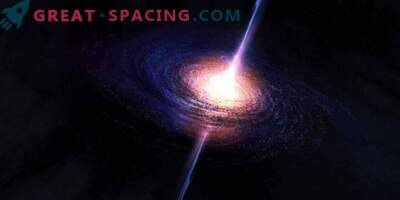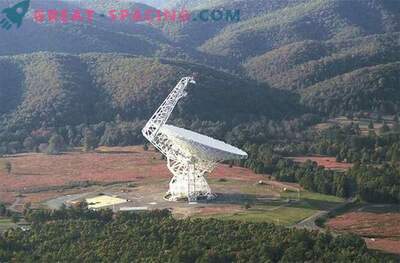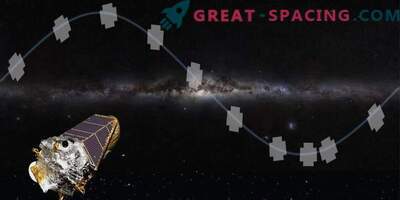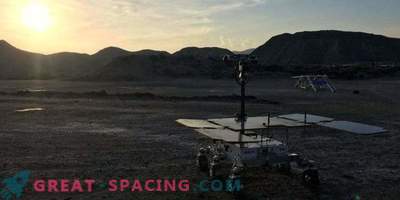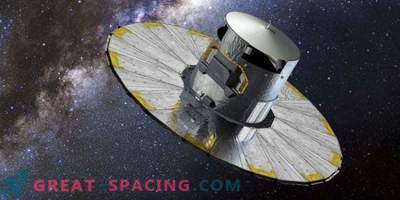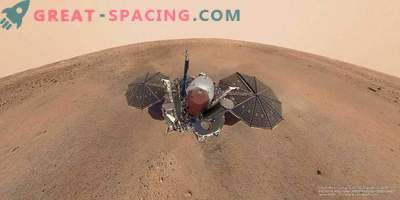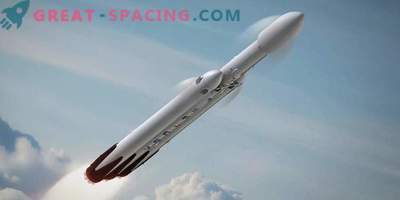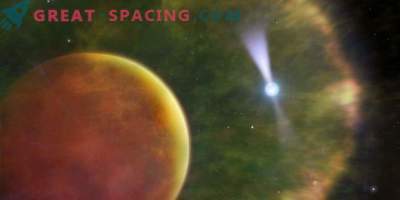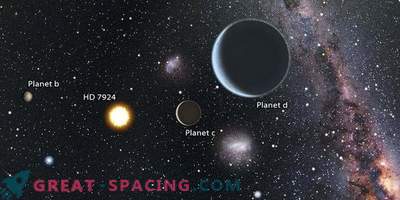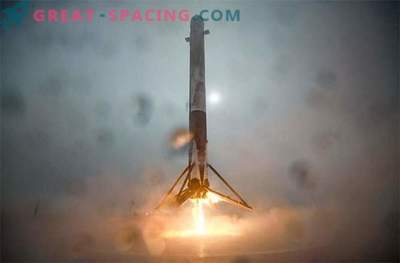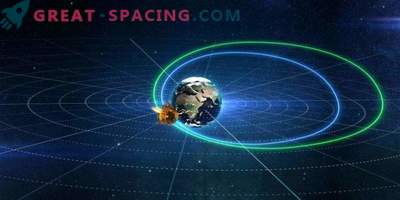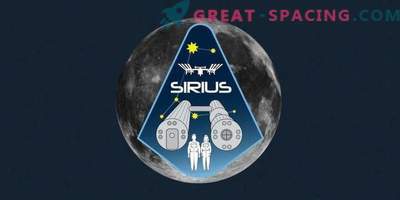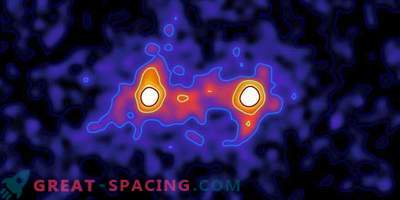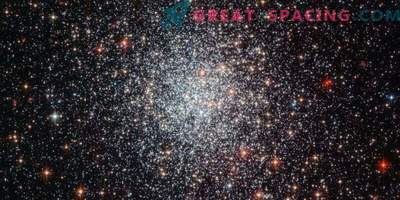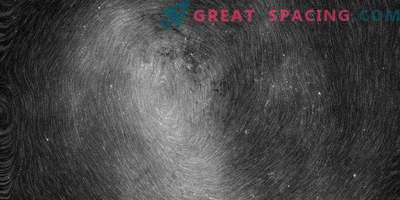
Man’s flight to deep, deep space, such as Mars or asteroids, is one of the priorities for NASA, but the results of recent tests conducted on mice showed that prolonged exposure to cosmic radiation adversely affects the brain.
Serious damage to the nervous system and reduced cognitive abilities were observed in laboratory animals that were exposed to particles with a high positive charge. Like the ones that make up the cosmic radiation rays that astronauts will surely meet on their way during long flights, said scientists from the University of California.
"This is not the most joyful news for astronauts who are preparing to go to a two or three year flight to Mars," said lead researcher Charles Limoli, a professor of radiation oncology. "The decrease in overall performance, impaired memory, loss of consciousness and attention can adversely affect both the performance of important parts of the mission, and have serious negative consequences for the future life of astronauts." Currently, astronauts are on the International Space Station in shifts, and the maximum stay there does not exceed six months. In March, the American and Russian astronauts, Scott Kelly and Mikhail Kornienko, went to the first orbital mission lasting one year, especially to test their physical and mental condition after a longer period in space. NASA still expects to send people to Mars in 2030, but skeptics say that the available technology has not yet come close to the required level of development, and there is no way to guarantee the safety of astronauts on such a flight.
A six-week study at NASA's Brookhaven Laboratory on laboratory rodents resulted in inflammatory processes in the brain and impaired neural connections. Radiation adversely affects neural connections and interferes with the ability of nerve cells to transmit information. "It is well known that damage to the dendritic branches of neurons is manifested in people with Alzheimer's disease and in other similar diseases," the study said. "Further tests of learning and logic showed that mice exposed to radiation were prone to loss of coordination more than usual. The irradiated test subjects clearly lacked activity and acumen in new situations for them. If neural disorders found in rodents will also appear and astronauts, their reaction to new, unexpected situations, analytical skills and perceptions may be impaired. " It may take only a few months to develop such disorders in the brain of a healthy person, while a flight to Mars will most likely take a year and a half or even more. Even the astronauts' stay on the ISS is not quite equivalent, since the station is at such a distance, where it is still under the protection of the Earth’s magnetosphere, protecting it from the aggressive effects of cosmic radiation, which is a consequence of the supernova explosion. Charles Limoli also noted that today there is no way to protect against this kind of impact, while in deep space.
